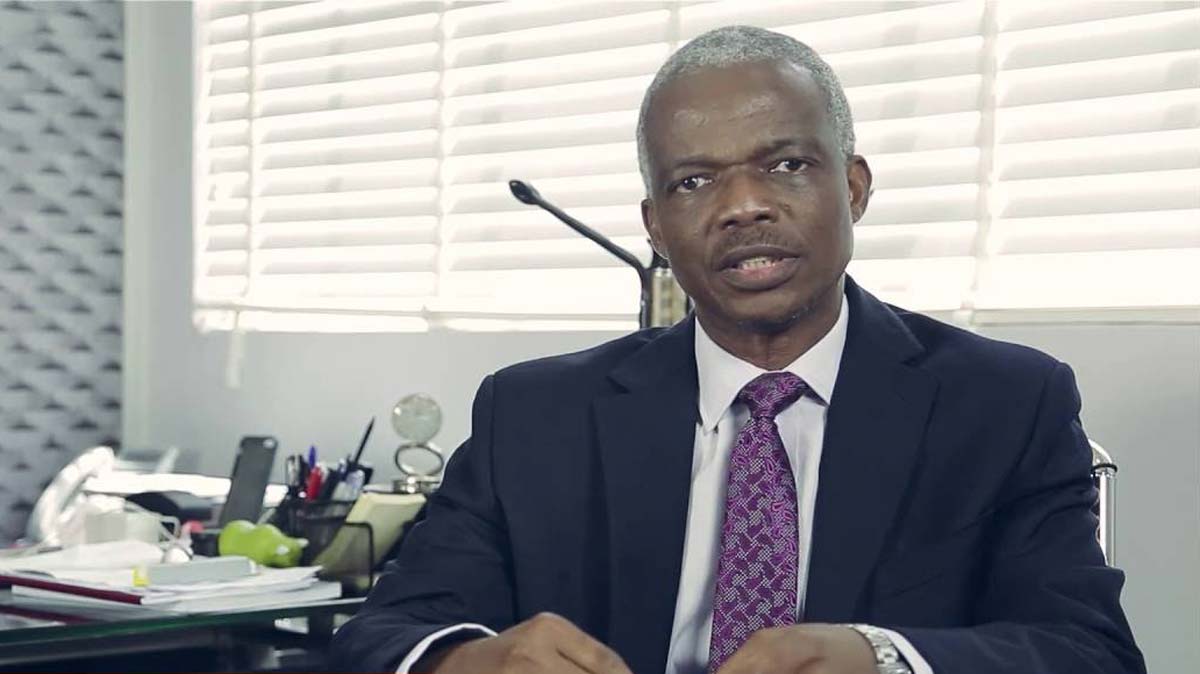
• Urges review of agric interventions
• Recovery burdened with structural risks, Adedipe observes
Chairman, Presidential Economic Advisory Council (PEAC), Dr. Doyin Salami, yesterday, said the economy had started the journey to recovery, warning that households and external balances face “severe pressure.”
Salami, who spoke at the virtual seventh National Economic Outlook by the Chartered Institute of Bankers of Nigeria (CIBN), noted that the “accelerating inflation and grim labour market conditions” put household sector under pressure despite the improvement in the gross domestic product (GDP) performance as shown by data of the third quarter of last year.
The headline inflation rate stood at 15.75 per cent in December, while the combined unemployment rate was 27.1 per cent as of mid-last year. The respected economist said the shocking figures have a negative implication on economic performance. He pointed out that the country’s “external imbalances are increasingly precarious with continuing concern over exchange rate differentials.”
The chairman added that import data suggest the nation’s increasing inability to feed itself. Salami continued: “Between January and September 2020, our cumulative trade deficit amounted to N4.6 trillion ($12 billion). Despite border closure, our national food imports totalled N1.85 trillion between January and September 2020 – a 62 per cent increase when compared to the same period in 2019. This suggests a weakness in our ability to feed ourselves and raises the need to consider a review of intervention policies in agriculture. With official payment data showing that approximately $30 billion (almost 10 per cent of our national economy) is obtained from sources outside the Central Bank of Nigeria, the gap between the official and other exchange rates is a source for concern.”
In the face of escalating inflation, slow growth, currency crisis and rising debts, the consultant said achieving macroeconomic stability remained a major challenge. He listed the pre-COVID-19 existing structural challenges to include macro instability, stagflation, pressure on households and corporate margins, as well as growing fiscal/external imbalances and monetary policy distortions. He held that micro instability predated outbreak of the virus, which he described, as the third shock the country would experience in 12 years.
While Nigeria was able to weather the 2018/2019 global financial crisis, according to him, it could not adjust to the 2015/2016 shock. The most populous black nation did slump for five quarters following the 2015/2016 oil price disaster. Even when it exited recession in 2017, growth remained fragile. To attain stability, Salami said the country must attract massive investments to address its foreign exchange predicament.
“But it is not about devaluation, but about getting people to have a certain level of certainty. It is about using FX to grow the economy,” he advised. The economist spoke on other issues such as debt, 2021 budget, revenue assumptions and FX management, suggesting that both fiscal and monetary responses should be aimed at achieving macro stability.
ON his part, Dr. Biodun Adedipe, whose firm, BAA Consult, collaborated with CIBN on the think tank, said the economy was on “its way to recovery.” He, however, submitted that the recuperation was burdened with enormous risks.
Adedipe x-rayed the international oil market as it affects the 2021 budget, concluding that Nigeria’s worry should not be about prices, but production and exports, as the Organisation of Petroleum Exporting Countries and its allies (OPEC+) would maintain a low supply quota throughout the year. He said the rising trade deficit has remained a major risk, as “Nigeria’s monthly imports bills continue to rise.”
Also speaking, President/Chairman of Council, CIBN, Bayo Olugbemi, said the race to acquire COVID-19 vaccines, implementation of the African Continental Free Trade Agreement (AfCFTA) and the 2021 budget were major issues that could determine the economic growth in this new year.



